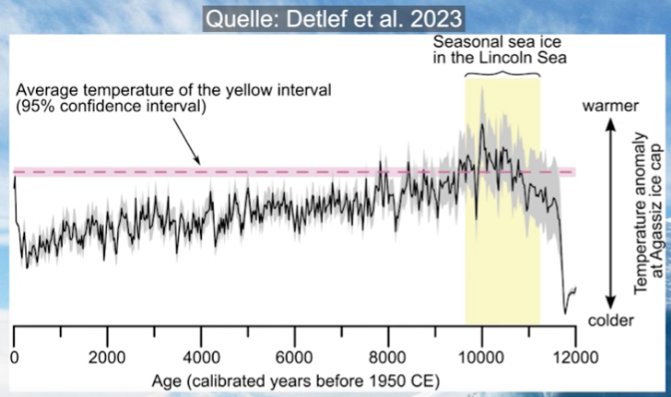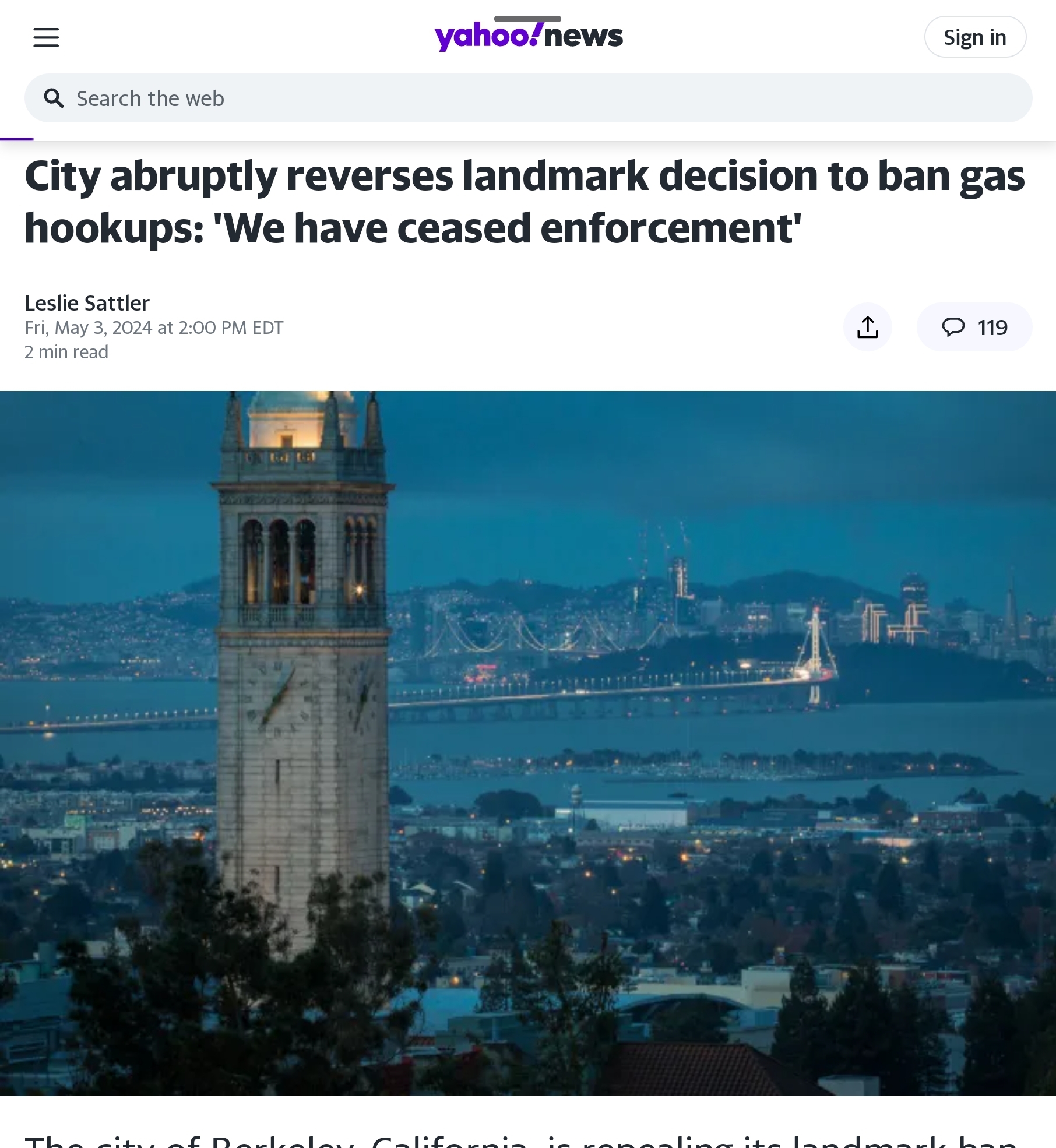Daniel Farber teaches environmental law and tort law at the University of California at Berkeley.
Our moral duty to address climate change is based on a simple concept, straightforward enough to qualify as kindergarten fare. We tell our children that they need to be careful not to hurt their playmates. As we get older, we learn that we need to be careful when we engage in other activities too — we shouldn’t drive after drinking, or leave loaded guns around children. The same simple concept can take us a long way in thinking about our policies to address climate change.
Those who emit carbon don’t mean to cause harm, any more than a kid playing backyard baseball means to knock out a neighbor’s window. But it’s not enough to have good intentions. We’re not required to avoid ever doing anything that could possibly harm others — there’s no way to avoid every possibility — but we do have a duty to take reasonable precautions to prevent avoidable damages.
Defining what is reasonable in a particular context can be difficult, but it generally involves consideration of the foreseeable risks and the burden of installing preventative measures. As to climate change, the question is whether we have taken reasonable precautions in light of the available evidence.




